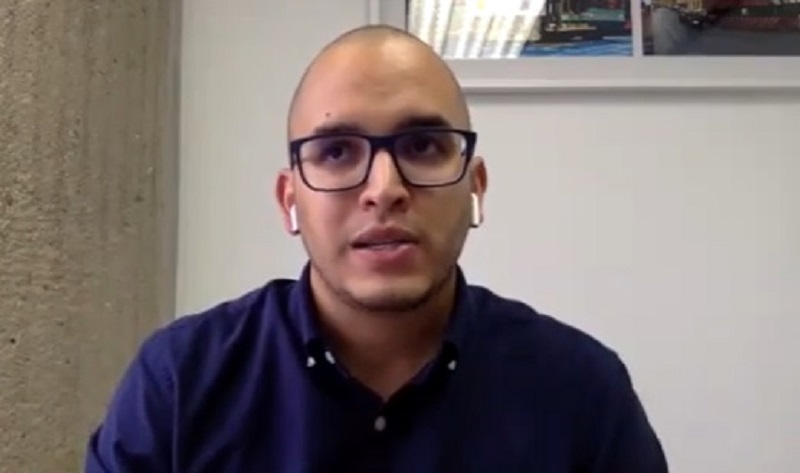-
For José Miguel Farías, adopting USDT is not simply about «buying dollars.»
-
The Tether stablecoin has established itself as an essential element within the Venezuelan economy.
In the midst of the economic crisis that Venezuela is going through, characterized by the shortage of dollars in cash, companies are looking for alternatives to protect their liquidity and operate with greater security.
Between the most used options The stablecoin tether (USDT) is located in the country. Its growing use is setting a trend with which José Miguel Farías, financial commentator, agrees, highlighting the fact that «more and more companies in Venezuela are incorporating USDT into their daily operations.»
Farías maintains that the stablecoin is already used in the Caribbean territory «for payments, treasury management or operations with allies or clients outside the country.» However, he warns that the simple fact of adopting it does not guarantee adequate management, since, in his opinion, the Tether asset is «a tool that requires management, control and financial judgment.»
«Digital does not exempt from structure: it demands more,» said Farías. His message reflects that in a country with a highly volatile economy, Simply adopting the instrument issued by Tether is not enough.
The Venezuelan popularizer urges follow the example of companies that manage USDT responsiblysince they establish clear internal policies: they define what percentage of their treasury they keep in assets, what platforms they operate on, and who guards the funds. «Documenting each transaction, recording fees and supporting the origin of funds is not bureaucracy: it is protection,» he emphasized.
It is not the same as «buying dollars»
Farías explains that using the famous stablecoin is not equivalent to simply «buying dollars», since behind it there is a technology, a network and an operating logic that companies they must understand so as not to lose control over your resources.
In fact, it states that ignorance of how digital money moves can translate into invisible risks, such as poor management of private keys or non-compliance with tax obligations. In this context, The lack of knowledge is not paid with devaluation, a recurring problem in Venezuela, but with direct loss of control.
Consequently, it recommends that companies develop internal capabilities: train your accounting teams, establish clear custody and conversion protocols, in addition to evaluating the tax impacts of operating with digital assets.

Macroeconomic context and mass adoption
The combination of the economic crisis, international sanctions and the need to carry out fast transactions are other factors that have driven the rise of USDT in Venezuela. According to the economist Asdrúbal Oliveros, The State uses this stablecoin with increasing frequency to carry out settlements, even above the dollar, especially in operations linked to private companies and the oil sector.
It is worth noting that, according to data from Chainalysis, the country governed by Nicolás Maduro is among the Latin American economies with the greatest retail activity in cryptocurrencies, with more than 44.6 billion dollars in transactions recorded between July 2022 and June 2025. This phenomenon, reported by NoticiasVE, shows the way in which the population and companies seek to optimize activities and protect the value of its capital.
In Venezuela, the price of USDT exceeded 300 bolivars per unit in Septemberafter an increase of almost 44% compared to the 208 bolivars registered at the beginning of the month. This rally reflects the demand for the stablecoin, especially in the Binance P2P market, which remains the main exchange space for local users.
The use of stablecoins has become more convenient than cash in many emerging markets, allowing users to receive remittances and send money anywhere, without the risks associated with transporting cash. In Venezuela, the use of USDT has expanded to supermarkets, delivery services and other businesses, consolidating itself as a key component of the local economy.